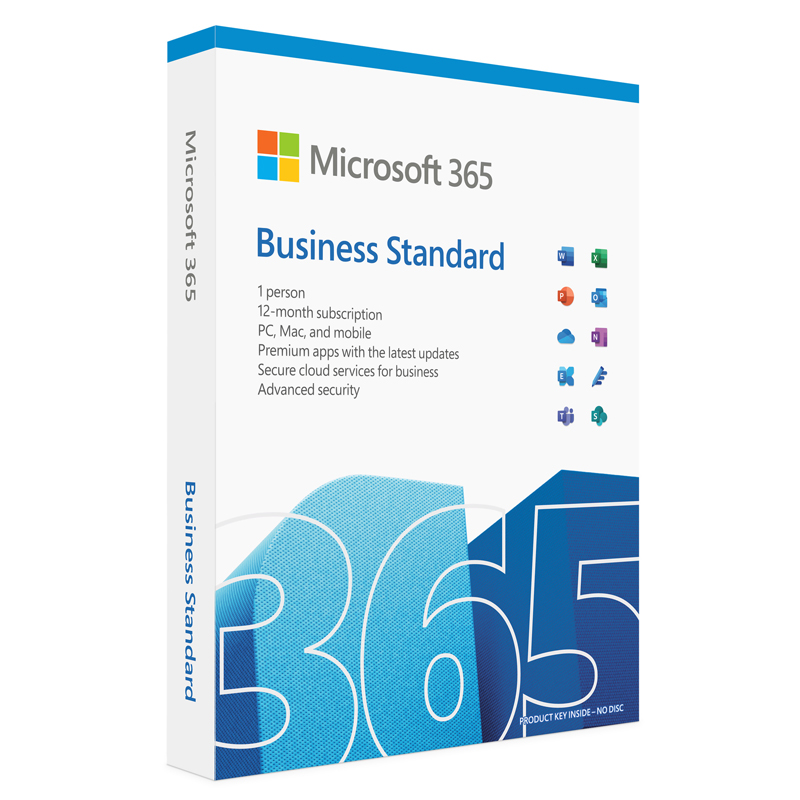
ERP Functional Requirements:
Enterprise Resource Planning (ERP) systems are comprehensive software solutions designed to streamline and integrate various business processes and functions within an organization. To select an ERP system that meets the specific needs of the organization, it's essential to define and document ERP functional requirements. These requirements specify what the ERP system should do in terms of functionality and capabilities. Here are common categories of ERP functional requirements:
1. Financial Management:
- General ledger
- Accounts payable and receivable
- Budgeting and forecasting
- Asset management
- Financial reporting and analytics
- Tax management
2. Supply Chain Management:
- Inventory management
- Order processing and fulfillment
- Procurement and supplier management
- Demand forecasting
- Warehouse management
- Logistics and transportation management
3. Human Resources Management:
- Employee records and self-service
- Payroll processing
- Time and attendance management
- Recruitment and onboarding
- Performance management
- Training and development
4. Customer Relationship Management (CRM):
- Lead and opportunity management
- Sales and marketing automation
- Customer contact and interaction tracking
- Customer support and service management
- Customer analytics and reporting
5. Manufacturing and Production:
- Bill of Materials (BOM) management
- Work order processing
- Quality control and assurance
- Capacity planning
- Production scheduling
- Shop floor control
6. Project Management:
- Project planning and tracking
- Resource allocation
- Budgeting and cost management
- Project collaboration and documentation
- Project reporting and analytics
7. Reporting and Business Intelligence:
- Customizable dashboards
- Ad-hoc reporting tools
- Key performance indicators (KPIs)
- Data analytics and visualization
- Business intelligence integration
8. Compliance and Security:
- Regulatory compliance (e.g., Sarbanes-Oxley, GDPR)
- User access controls and permissions
- Data encryption and security measures
- Audit trails and logging
9. Integration and Data Exchange:
- Compatibility with other software systems
- APIs for third-party integrations
- Data import/export capabilities
- Middleware for data synchronization
10. Mobile Access and User Experience:
- Mobile app support
- Responsive design for various devices
- User-friendly interface and navigation
11. Multi-Language and Multi-Currency Support:
- Ability to handle multiple languages and currencies for international operations.
12. Scalability and Performance:
- Ability to accommodate growth and handle increasing transaction volumes without significant performance degradation.
13. User Training and Support:
- Training materials and documentation
- User support and helpdesk capabilities
Contact Us
Choose Cenmic Management as your trusted partner in IT and management consulting and let us empower your small or medium-sized organization with the tools, strategies, and support needed to thrive in today's competitive business environment.






